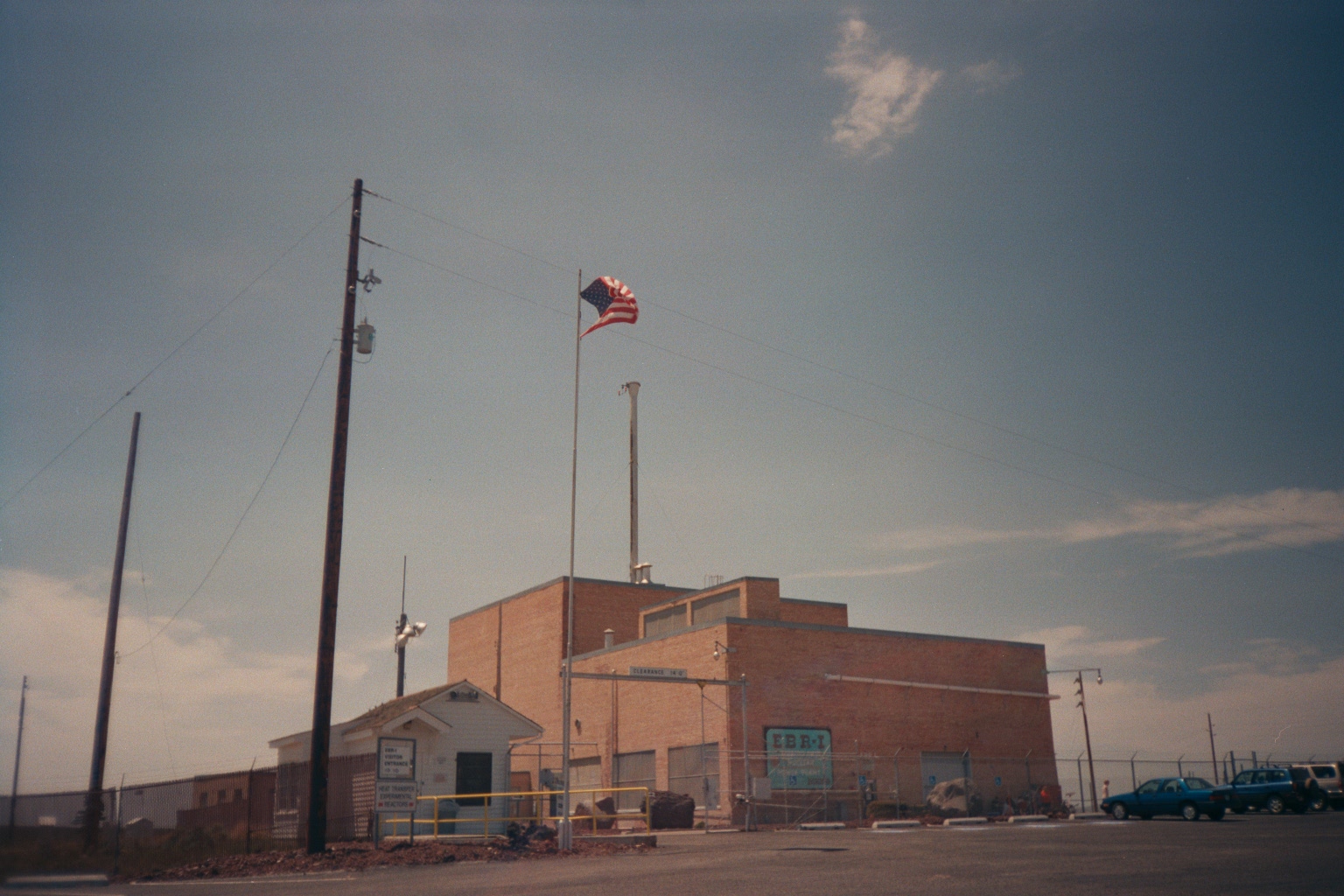Here is a roundup of some of the most interesting articles published on the history of science, the Manhattan Project, and nuclear history this month.
- These Rare Color Photos From the Second World War Are Incredible: The Imperial War Museum in London has published a remarkable collection of rare color photographs from World War II.
- The Behind-the-Scenes Story of an Unplanned Meltdown at America’s First Nuclear Power Reactor: Atlas Obscura describes the 1955 meltdown at the Experimental Breeder Reactor-I (left) in Idaho.
- The President and the Bomb, Part III: Historian Alex Wellerstein continues his series on whether there are any checks on the President’s ability to order a nuclear attack.





